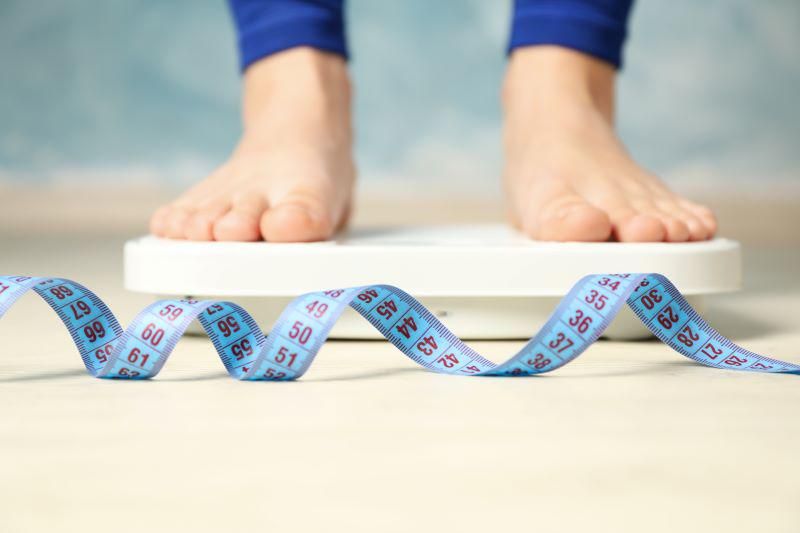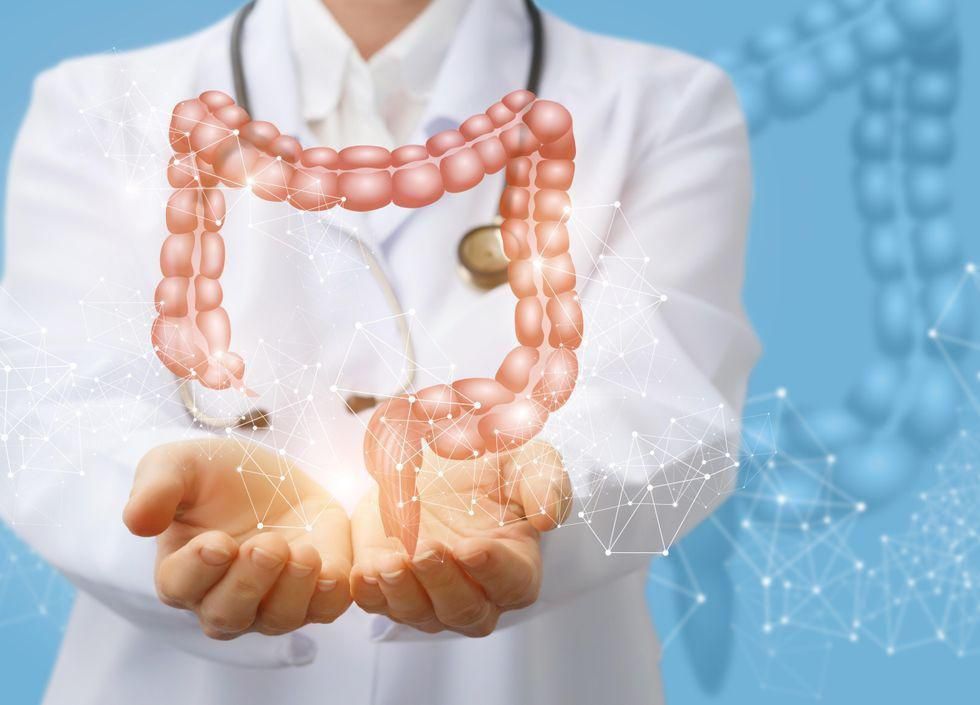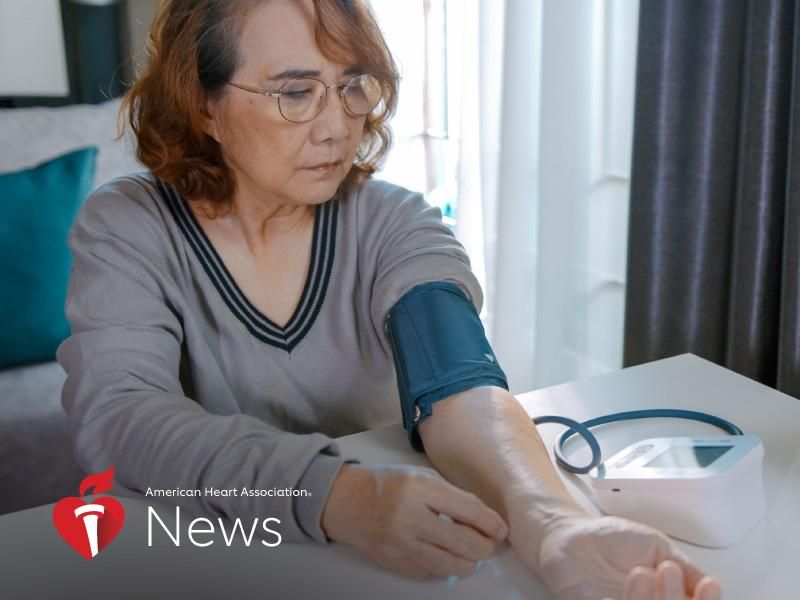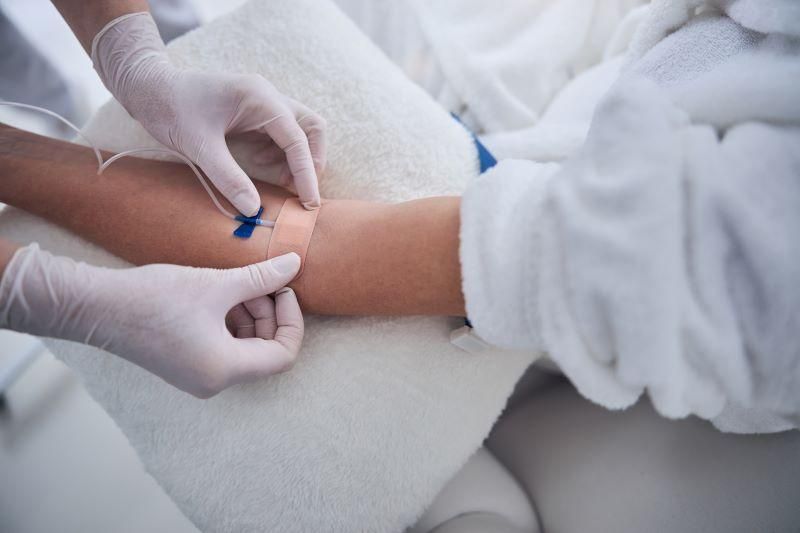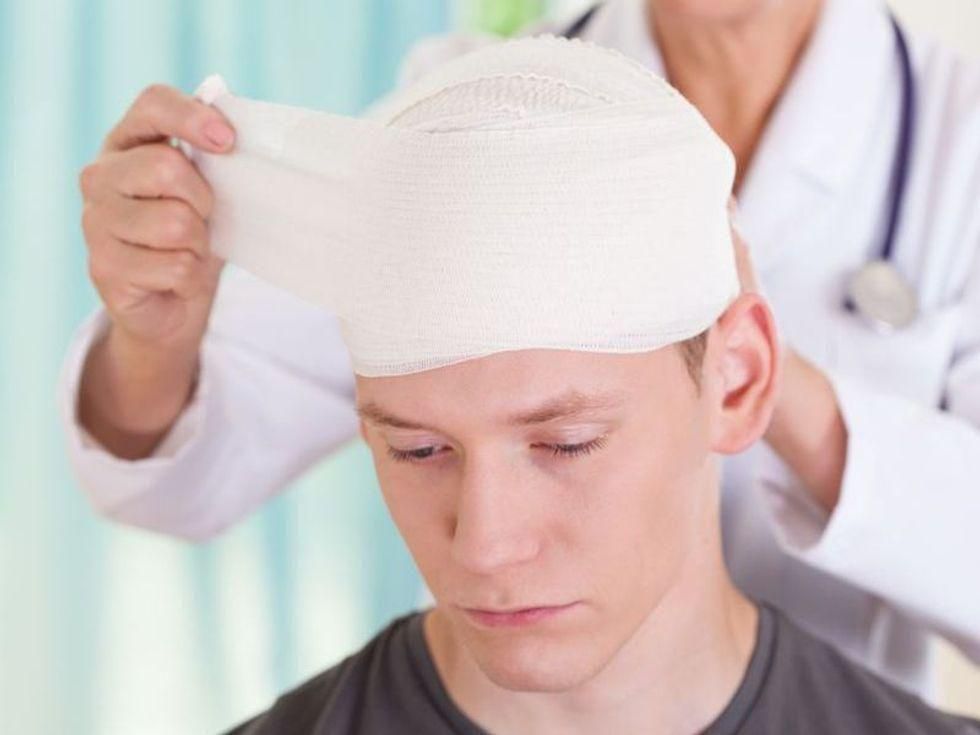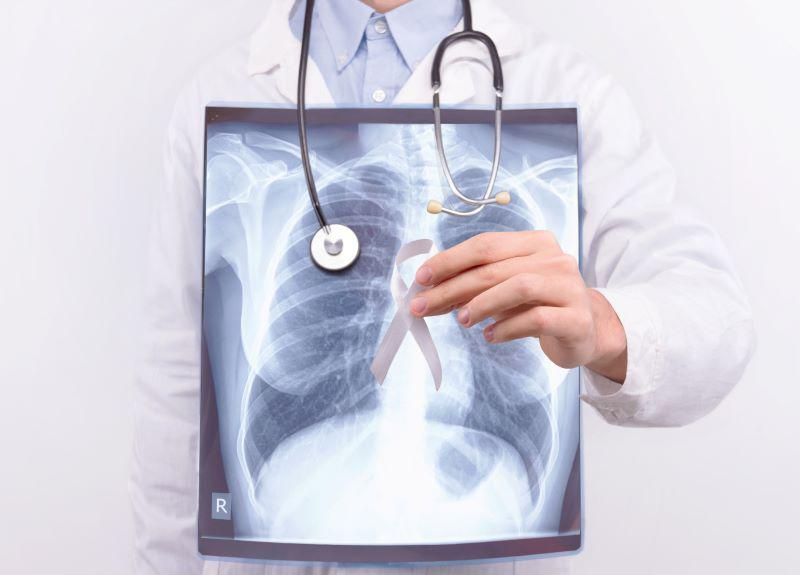
A surgeon’s skill has a direct impact on whether a patient will survive early-stage lung cancer. Unfortunately, many surgeons are failing to follow a playbook that increase the odds of a successful outcome, a new study argues. The quality of surgery for lung cancer varies widely across the United States, and patients whose procedures fall… read on > read on >










